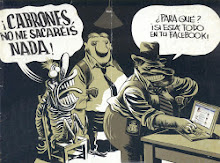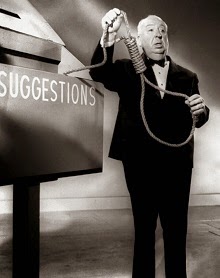Natalie Graham
Michael Connelly is the author of the Hieronymus “Harry” Bosch thriller series and other crime fiction. Translated into 32 languages, his books have sold 55 million copies. The Lincoln Lawyer, featuring the criminal defence lawyer Mickey Haller, was made into a film in 2011, while the TV series Bosch is currently being filmed in Los Angeles.
Michael Connelly CV:
Born: Philadelphia, 1956
Education: Started out as a building-trade major at the University of Florida, but switched to study journalism and creative writing
Career: Local newspapers in Florida before becoming a crime reporter for The Los Angeles Times. First crime novel published in 1992. Left to write full-time in 1993
Lives: Tampa, US, with his wife Linda, and daughter Callie, aged 17.
Did you think you would get to where you are?
I did not. I thought that I would always have a day job and work on books at night. I just wanted to write something that was good enough to be published. The plan was that one book would lead to the next. It is not really a long-term view, but when I got a two-book contract after the first book, it was more than a foot in the door. I could never have foreseen that I would write bestsellers. There is so much chance involved.
When you had made your first $1 million did you want to slow down?
At 42 I actually did get a cheque for over $1m, the payment for my eighth book, Blood Work, after I had sold the film rights. Clint Eastwood directed the film, and played McCaleb, the lead character. I never equated that sum with the idea of slowing down. My writing comes from something else, an urge to be creative, and to make up time, as I did not get my first book published until I was 35. From this momentum I have been able to write at least one book a year for 22 years. You cannot slack off, and take it easy.
What is the secret of your success?
I’ve always had a very good work ethic. I was trying to perfect my craft for six years before my first novel was taken on. For some reason I had the drive to keep at it.
I keep pretty strict hours. When I start a draft of the story I write for 10 hours a day, then at weekends I will get up two hours before the family wake up. It is important not to take time off until the end of a draft.
How much do you have in common with Harry Bosch?
When I created Harry I deliberately made him the opposite of me, because I thought that would be more interesting to write about. We really have different backgrounds and jobs. However, we are both left-handed, and have daughters the same age. When I became a father, he became a father as well.
Do you have time for personal financial planning?
My wife monitors our financial matters and we have professional advisers. I trust her judgment and leave it to her to shepherd. I do know what is going on but I need to focus on writing and promoting my books.
Did you have a career strategy?
I went into journalism so I could learn about real detectives and the people I wanted to write about. The LA crime beat was both my apprenticeship and research. The strategy was to find a publisher who liked what I was doing and who was patient enough to let the momentum take over. It just took a while.
What was the most challenging period of your career?
I think it was breaking in. Initially no one has ever heard of you so it is a slow and difficult climb. In the early 1990s I felt my first four or five books should be drawing more attention. I was worried my publisher might lose patience with the slow climb. I didn’t hit the bestseller list until my eighth book.
Do you want to carry on till you drop?
I used to think that I did. Now I’m not so sure. I will probably always be writing something but certainly not at the pace I am doing for more than five or six years. I am lucky now to play golf twice a month, but I would like to play twice a week.
Have you made any pension provision?
I had a pension from my newspaper days, and a pension from the Screenwriting Guild. Then, as I was earning more significant amounts of money, I needed to hire employees — publicist, researcher, consultants, social media manager, and office manager — so I created a company and with that came a pension plan.
I like the comfort of knowing I am securing the future of my family, no matter what happens. In this writing game success can be a fleeting thing.
Do you believe in giving something back to the community?
Our foundation, Hieronymus Charities, was set up about ten years ago and has a strong focus on families and children at risk. We support organisations in Florida and Los Angeles, covering runaway shelters and homeless people.
I also support the LAPD. They used to take photographs at crime scenes using regular film cameras, but they always ran out of film. So I started supplying the film every month. I paid for new computers to be installed in the Cold Case Unit and put in a training room at Hollywood police station.
Do you allow yourself the odd indulgence?
After flying business class to make any travel for work as comfortable as possible, my real indulgence is cars. In the past 20 years I have never had a car for longer than a year. I trade mine in every six to eight months for the next thing that takes my fancy. Right now I am driving the Chrysler 300.
Do you believe in leaving everything to your family?
I have taken steps to leave my wealth to my family, and there is a charitable component in my will as well. I was 40 years old when I became a father, so I know the chances are my daughter will be young when I leave this world. I have taken measures to make sure she is taken care of.
Your most prudent investment?
About 12 years ago my wife and I bought a two-bedroom beachfront cottage in Siesta Key, Florida, for $1.1m. Today it must be worth twice that. You can hear the waves in every room. It is a wood-frame cracker house, built in 1951, with a ramshackle tin roof and wood floors, and the view cannot be beaten. We try to get down there every weekend.
Picasso or Art Deco as an investment?
We invest in art but not in a big way. The most I have paid is $6,000, for an abstract oil painting that I bought in New York as a gift for my wife.
What is the most you have ever paid for a bottle of fine wine?
There is a Paul Hobbs Napa Valley wine I buy, Stagecoach Cabernet Sauvignon, that runs at $400 a bottle and probably in my life I have bought 10 bottles. I still remember buying a bottle of red for $80 in a restaurant in 1991 to celebrate my first book. My palate was not very extensive — I just bought the most expensive thing on the menu.
























.jpeg)









0 comentaris:
Publica un comentari a l'entrada